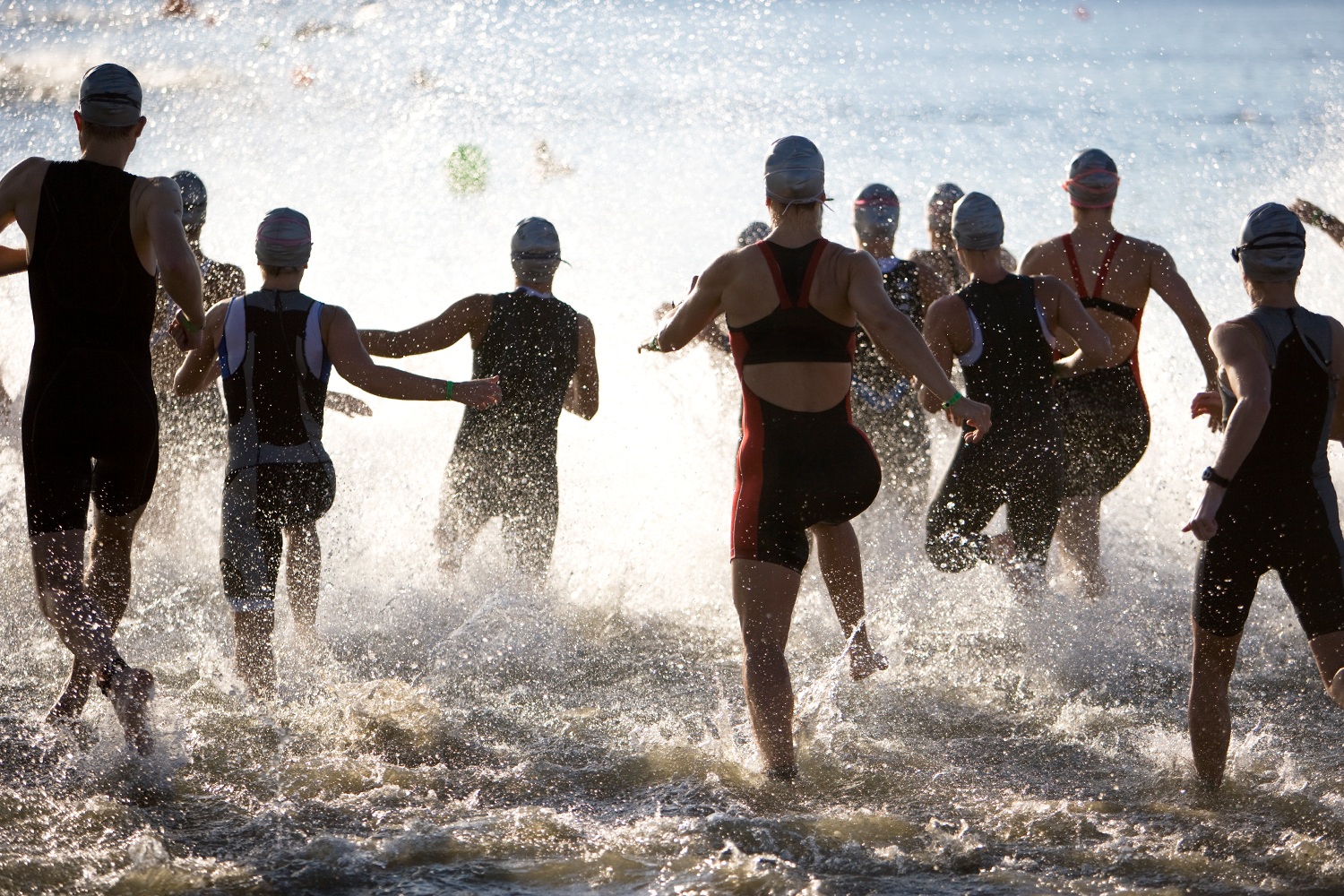
Learn how to help female athletes reach their potential with the latest knowledge from a stellar cast of experts and coaches.

Learn how to help female athletes reach their potential with the latest knowledge from a stellar cast of experts and coaches.